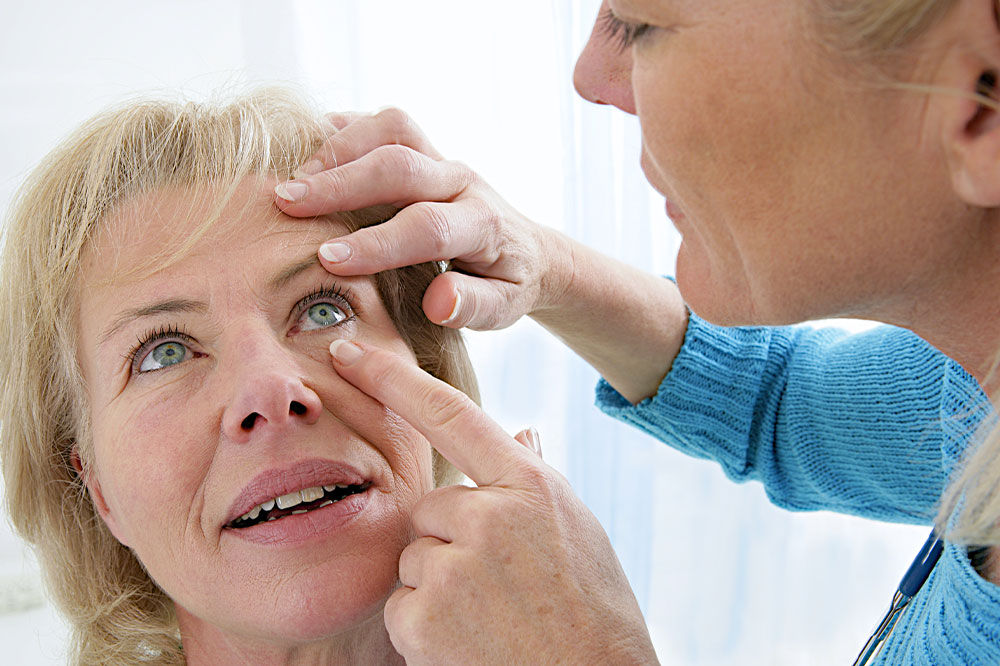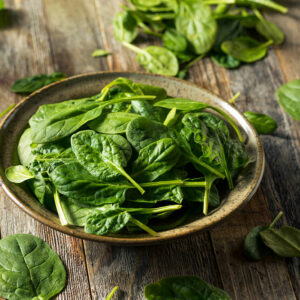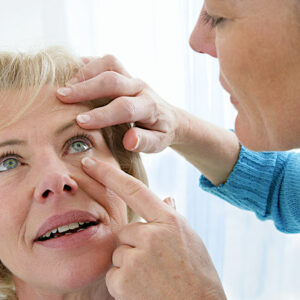Macular Degeneration – Safe and Unhealthy Foods

When it comes to vision health, conditions like macular degeneration must be taken seriously. Nearly 20 million people in the country are believed to be living with this condition. If left unchecked, this chronic eye disorder can trigger vision problems and may lead to blindness sometimes. However, by making changes to one’s nutritional regime, one can delay its symptoms. Listed below are some safe foods and unhealthy foods to avoid while dealing with macular degeneration.
Macular Generation
Macular degeneration is a severe eye condition that affects the retina’s central part, called the macula. The macula is responsible for the sharp, clear vision required for reading and driving. In macular degeneration, the cells in the macula start to break down, leading to a loss of central vision. It can make seeing fine details, recognizing faces, or reading small print difficult. Sometimes, vision loss can progress and become more severe with time. Macular degeneration occurs in two types-
- Dry macular degeneration, the most common type, is characterized by the slow breakdown of the macula over time.
- Wet macular degeneration is less common but more severe and is characterized by the growth of abnormal blood vessels in the macula that can leak blood and fluid and cause rapid vision loss.
Foods to eat to manage macular degeneration
Kiwi
Kiwi contains vitamins A and E and carotenoids (natural color-giving pigments) that help with vision health. Research indicates that these naturally occurring compounds may slow the progression of macular degeneration symptoms as they offer the same functionality as antioxidants. Eating kiwi can also help with eye health by lowering oxidative stress (oxygen imbalance), which can cause cell damage. You can cut it up as an evening snack or blend it into a smoothie.
Spinach
Eating spinach can help treat macular degeneration symptoms by providing essential vitamins, minerals, and antioxidants. Spinach is rich in lutein and zeaxanthin, two carotenoids that support eye health and reduce the risk of macular degeneration. It also contains vitamins A, which helps protect the cornea. Spinach also contains healthy omega-3 fatty acids, which can help protect cells from inflammation.
Additionally, it is a good source of magnesium which can aid in rejuvenating blood vessels that supply essential nutrients to the eyes.
Carrots
Carrot is a power-packed vegetable renowned for its uniqueness in safeguarding one’s vision. It is rich in beta-carotene, an antioxidant that helps protect cells from damage, making it a great source of nutrition. Carrot is also a good source of vitamin A, essential to maintain eye structure and vision while reducing the risk of amnesia and glaucoma.
Thus, adding carrots to the daily meal plan can help manage macular degeneration symptoms and improve general health. Add this nutrient-rich vegetable to soups, juices, curries, rice, and noodles to reap its benefits.
Sunflower seeds
Eating sunflower seeds has reduced the risk of developing conditions such as macular degeneration. The complex mix of vitamins and minerals (such as iron, copper, magnesium, and vitamin B6) in sunflower seeds makes them a nutritional powerhouse. In addition, sunflower seeds are an excellent source of Vitamin E, which helps slow the progression of age-related macular degeneration. You can enjoy sunflower seeds as is, add them to smoothies, or sprinkle them over fresh salads.
Before incorporating these foods into one’s nutritional plan, one must consider one’s allergies. People with any existing health condition must consult their healthcare provider before changing their nutritional plan.
Foods to avoid to manage macular degeneration
Trans fats
Trans fats often weaken cell walls, which affects the body’s ability to absorb essential vitamins A and E necessary for healthy vision. Studies have found that older people who eat high levels of trans fat are more likely to experience faster vision loss due to macular degeneration. Therefore, by avoiding these unhealthy fats, individuals can help maintain their vision or slow down the progression of this eye disease.
Increased omega-3 fatty acid intake has been linked to decreased rates of developing and worsening macular degeneration symptoms. Nutritious nuts such as walnuts and flaxseeds are abundant sources of omega-3 fatty acids and are less in trans fats. It makes them excellent alternatives when looking for healthier food options for managing this disease.
Dairy products
Dairy products tend to contain high levels of saturated fat, which increases inflammation and can put people at a higher risk for developing macular degeneration symptoms. Other studies have also indicated that dairy products may be difficult to break down in the digestive system. In addition, it leads to an overaccumulation of unhealthy chemicals in the body and amplifies damaging inflammation levels, which can aggravate symptoms.
Fast foods
Fast foods aggravate one’s risk of macular degeneration and can lead to severe vision loss. Such foods can cause cholesterol plaque to accumulate in blood vessels across the body, eyes included. Such plaques can trigger damage to these blood vessels, leading to developing conditions such as macular degeneration.
Nutritional experts advise following a healthy and balanced nutritional plan comprising fruits, vegetables, whole grains, lean proteins, and healthy fats such as fish, nuts, and seeds. Such foods are rich in antioxidants and other nutrients that can help support overall eye health and reduce the risk of developing age-related macular degeneration (AMD).
Macular degeneration can be tough to manage as daily food habits influence the progression of this condition. Therefore, evaluate what kinds of food you’re eating and modify your meal accordingly. Eating antioxidant-rich fruits and vegetables, like kale, carrots, and oranges can protect the macula. Furthermore, avoiding processed foods, refined carbohydrates, and trans fats is also crucial.
Consulting an ophthalmologist is another way to keep AMD from occurring or worsening. If diagnosed early, treatment can delay AMD significantly, so it’s always best to stay informed and take steps toward prevention. Macular degeneration is manageable; all it takes is making conscious decisions about your meal plan and getting regular eye exams.











